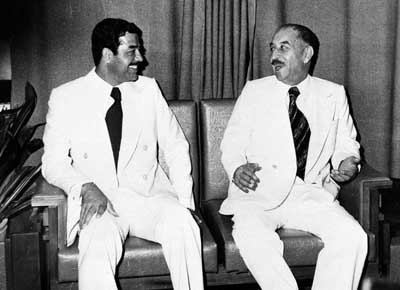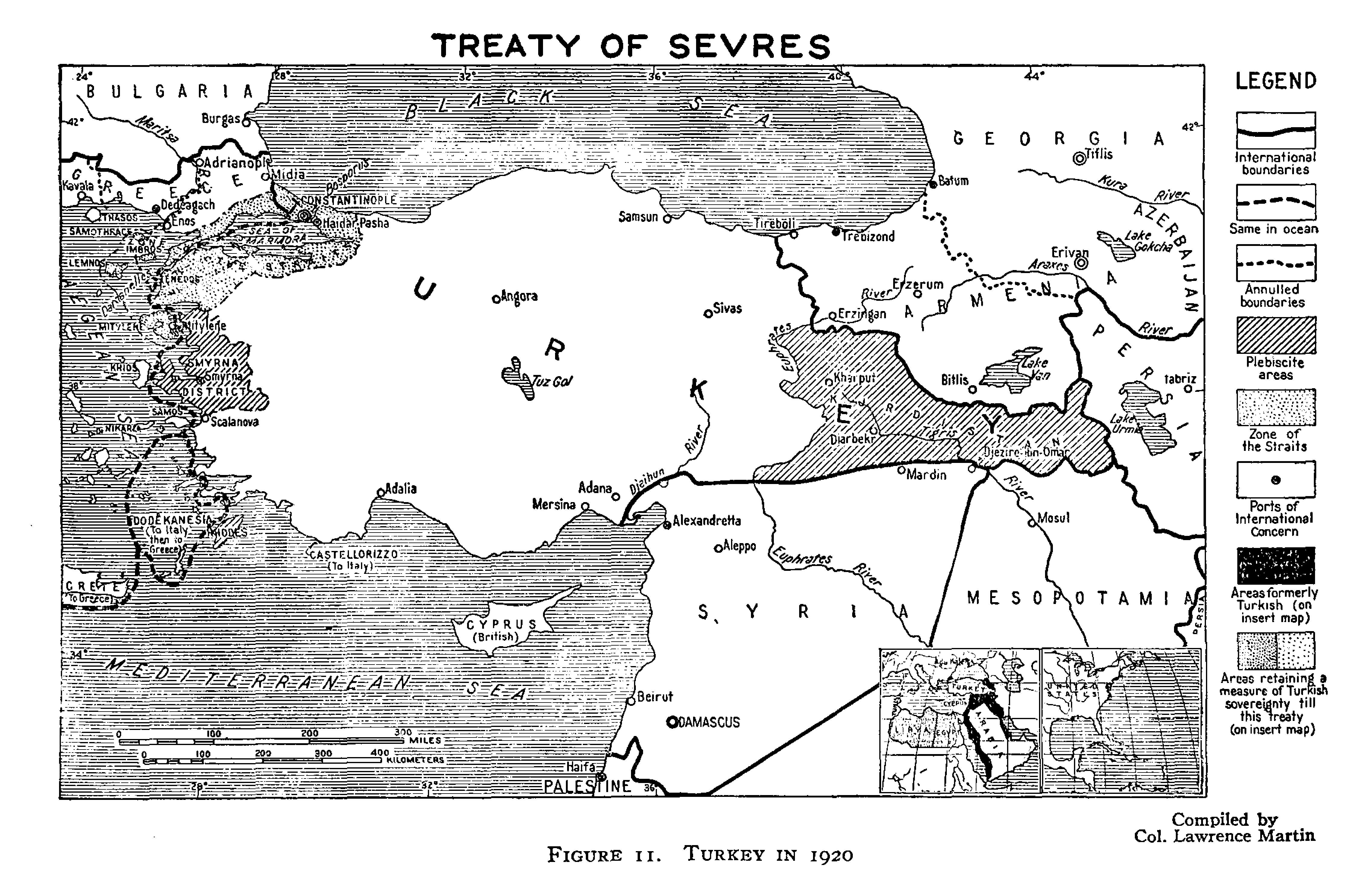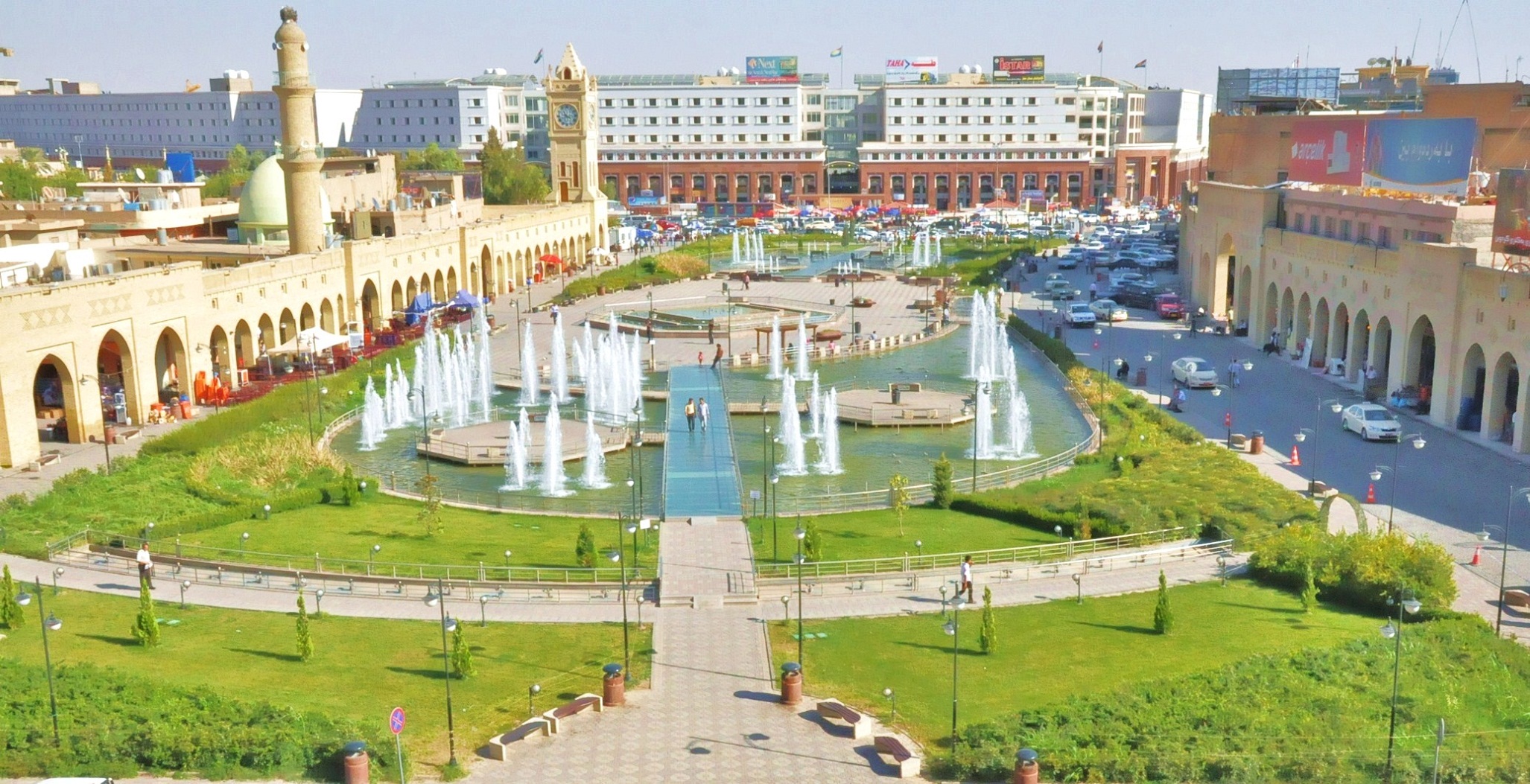|
Erdewan ZaxoyĂź
Erdewan ZaxoyĂź (, Erdewan ZaxoyĂź) (July 1957 â January 1986) was a celebrated Kurdish songwriter-singer and composer from Zakho. Erdewan ZaxoyĂź was born in 1957 as Erdewan ElĂź in Zaxo (Iraqi Kurdistan). He was one of a total of six children and grew up in his hometown and spent his youth there as well. In 1978, he released his first recorded tape, singing on Kurdish political texts, even though it was banned at the time. He later secretly supported the Kurdish Peshmerga soldiers with his songs and folk songs, such as with PeĆmergekĂȘ çelengĂȘm. His songs were mostly about justice and freedom. He also wrote songs about his hometown Zaxo and Kurdistan. In 1982, he fled to the Kurdish region of Iran following persecution by Saddam Hussein's regime. He lived there until the end of 1985 and wrote more songs. The content of these was in addition to the love of home, his homesickness and the yearning for his family, especially his mother, to whom he also sent his entire recorded ... [...More Info...] [...Related Items...] OR: [Wikipedia] [Google] [Baidu] |
Zakho
Zakho, also spelled Zaxo (, , , , ) is a city in the Kurdistan Region, at the centre of the Zakho District of the Dohuk Governorate, located a few kilometers from the Ibrahim Khalil border crossing. Zakho is known for its celebrations of Newroz. The population of the town rose from about 30,000 in 1950 to 350,000 in 1992 due to Kurds fleeing from other areas of the country. The original settlement may have been on a small island in the Little Khabur river, which flows west through the modern city to form the border between Iraq and Turkey, continuing into the Tigris. Other important rivers in the area are the Zeriza and the Seerkotik. History Gertrude Bell, the renowned British archaeologist and Arabist who advised British governors in the region in the closing years of the British Mandate, was convinced that Zakho was the same place as the ancient town of Hasaniyeh. She also reported that one of the first Christian missionaries to the region, the Dominican friar Poldo S ... [...More Info...] [...Related Items...] OR: [Wikipedia] [Google] [Baidu] |
Peshmerga
The Peshmerga () are the internal security forces of Kurdistan Region. According to the Constitution of Iraq, regional governments are responsible for "the establishment and organization of the internal security forces for the region such as police, security forces, and guards of the region". Other Kurdish security agencies include the ZĂȘrevanĂź (gendarmerie), Asayish ( security and counterterrorism service), and the '' Parastin Ă» ZanyarĂź'' (intelligence agency). The Peshmerga's history dates back to the 18th century, when they began as a tribal paramilitary border guard under the Ottoman Turks and the Safavid Kurds. By the 19th century, they had evolved into a disciplined and well-trained guerrilla force. Formally, the Peshmerga are under the command of the Ministry of Peshmerga Affairs of the Kurdistan Regional Government. In practice, however, the Peshmerga's structure is largely divided and controlled separately by the two Iraqi Kurdish political parties: the Democr ... [...More Info...] [...Related Items...] OR: [Wikipedia] [Google] [Baidu] |
1986 Deaths
The year 1986 was designated as the International Year of Peace by the United Nations. Events January * January 1 ** Aruba gains increased autonomy from the Netherlands by separating from the Netherlands Antilles. ** Spain and Portugal enter the European Community, which becomes the European Union in 1993. * January 11 â The Sir Leo Hielscher Bridges, Gateway Bridge in Brisbane, Australia, at this time the world's longest prestressed concrete free-cantilever bridge, is opened. * January 13âJanuary 24, 24 â South Yemen Civil War. * January 20 â The United Kingdom and France announce plans to construct the Channel Tunnel. * January 24 â The Voyager 2 space probe makes its first encounter with Uranus. * January 25 â Yoweri Museveni's National Resistance Army Rebel group takes over Uganda after leading a Ugandan Bush War, five-year guerrilla war in which up to half a million people are believed to have been killed. They will later use January 26 as the official date ... [...More Info...] [...Related Items...] OR: [Wikipedia] [Google] [Baidu] |
1957 Births
Events January * January 1 â The Saarland joins West Germany. * January 3 â Hamilton Watch Company introduces the first electric watch. * January 5 â South African player Russell Endean becomes the first batsman to be Dismissal (cricket), dismissed for having handled the ball, in Test cricket. * January 9 â British Prime Minister Anthony Eden resigns. * January 10 â Harold Macmillan becomes Prime Minister of the United Kingdom. * January 11 â The African Convention is founded in Dakar. * January 14 â Kripalu Maharaj is named fifth Jagadguru (world teacher), after giving seven days of speeches before 500 Hindu scholars. * January 15 â The film ''Throne of Blood'', Akira Kurosawa's reworking of ''Macbeth'', is released in Japan. * January 20 ** Israel withdraws from the Sinai Peninsula (captured from Egypt on October 29, 1956). * January 26 â The Ibirapuera Planetarium (the first in the Southern Hemisphere) is inaugurated in the city of SĂŁo Paulo, Brazil. F ... [...More Info...] [...Related Items...] OR: [Wikipedia] [Google] [Baidu] |
Sweden
Sweden, formally the Kingdom of Sweden, is a Nordic countries, Nordic country located on the Scandinavian Peninsula in Northern Europe. It borders Norway to the west and north, and Finland to the east. At , Sweden is the largest Nordic country by both area and population, and is the List of European countries by area, fifth-largest country in Europe. Its capital and largest city is Stockholm. Sweden has a population of 10.6 million, and a low population density of ; 88% of Swedes reside in urban areas. They are mostly in the central and southern half of the country. Sweden's urban areas together cover 1.5% of its land area. Sweden has a diverse Climate of Sweden, climate owing to the length of the country, which ranges from 55th parallel north, 55°N to 69th parallel north, 69°N. Sweden has been inhabited since Prehistoric Sweden, prehistoric times around 12,000 BC. The inhabitants emerged as the Geats () and Swedes (tribe), Swedes (), who formed part of the sea-faring peopl ... [...More Info...] [...Related Items...] OR: [Wikipedia] [Google] [Baidu] |
Duhok
Duhok (; ; , ) is a city in Kurdistan Region, Iraq. It is the capital city of Duhok Governorate. Name The city of Duhok received its name from the Kurdish words âduâ (two) and âhokâ (lump) as a tax payment of two lumps from the basket of each passing caravan that often carry wheat and barley. According to a tradition presented by Sasson Nahum, Dohuk was initially named ''Dohuk-e Dasinya'', signifying "Dohuk of the Yezidis". However, after a massacre of the Yezidis, the town was abandoned, leading to the settlement of Muslims, Christians, and Jews in the area. Demographics The city is home to diverse ethnic groups, with Kurds forming the majority, while other minorities include Assyrians, Yazidis, Armenians, and Arabs. The city also hosts tens of thousands of refugees from Syria, mostly Syrian Kurds, and internally displaced persons (IDPs), most of whom are Yazidis and Assyrians who fled after ISIS took control of Sinjar and Mosul, Iraq. According to the Kurdista ... [...More Info...] [...Related Items...] OR: [Wikipedia] [Google] [Baidu] |
Baghdad
Baghdad ( or ; , ) is the capital and List of largest cities of Iraq, largest city of Iraq, located along the Tigris in the central part of the country. With a population exceeding 7 million, it ranks among the List of largest cities in the Arab world, most populous cities in the Middle East and Arab world and forms 22% of the Demographics of Iraq, country's population. Spanning an area of approximately , Baghdad is the capital of its Baghdad Governorate, governorate and serves as Iraq's political, economic, and cultural hub. Founded in 762 AD by Al-Mansur, Baghdad was the capital of the Abbasid Caliphate and became its most notable development project. The city evolved into a cultural and intellectual center of the Muslim world. This, in addition to housing several key academic institutions, including the House of Wisdom, as well as a multi-ethnic and multi-religious environment, garnered it a worldwide reputation as the "Center of Learning". For much of the Abbasid era, duri ... [...More Info...] [...Related Items...] OR: [Wikipedia] [Google] [Baidu] |
Saddam Hussein
Saddam Hussein (28 April 1937 â 30 December 2006) was an Iraqi politician and revolutionary who served as the fifth president of Iraq from 1979 until Saddam Hussein statue destruction, his overthrow in 2003 during the 2003 invasion of Iraq, U.S. invasion of Iraq. He previously served as the Vice President of Iraq, vice president from 1968 to 1979 and also as the prime minister of Iraq, prime minister from 1979 to 1991 and later from 1994 to 2003. A leading member of the Ba'ath Party, Arab Socialist Ba'ath Party, he espoused Ba'athism, a mix of Arab nationalism and Arab socialism, while the policies and political ideas he championed are collectively known as Saddamism. Born near the city of Tikrit to a Sunni Islam, Sunni Arabs, Arab family, Saddam joined the revolutionary Ba'ath Party in 1957. He played a key role in the 17 July Revolution that brought the Ba'athists to power and made him Vice President of Iraq, vice president under Ahmed Hassan al-Bakr. During his tenure ... [...More Info...] [...Related Items...] OR: [Wikipedia] [Google] [Baidu] |
Kurdistan
Kurdistan (, ; ), or Greater Kurdistan, is a roughly defined geo- cultural region in West Asia wherein the Kurds form a prominent majority population and the Kurdish culture, languages, and national identity have historically been based. Geographically, Kurdistan roughly encompasses the northwestern Zagros and the eastern Taurus mountain ranges. Kurdistan generally comprises the following four regions: southeastern Turkey ( Northern Kurdistan), northern Iraq ( Southern Kurdistan), northwestern Iran ( Eastern Kurdistan), and northern Syria ( Western Kurdistan). Some definitions also include parts of southern Transcaucasia. Certain Kurdish nationalist organizations seek to create an independent nation state consisting of some or all of these areas with a Kurdish majority, while others campaign for greater autonomy within the existing national boundaries. The delineation of the region remains disputed and varied, with some maps greatly exaggerating its boundaries. Histori ... [...More Info...] [...Related Items...] OR: [Wikipedia] [Google] [Baidu] |
Kurdish Language
Kurdish (, , ) is a Northwestern Iranian languages, Northwestern Iranian language or dialect continuum, group of languages spoken by Kurds in the region of Kurdistan, namely in southeast Turkish Kurdistan, Turkey, northern Iraqi Kurdistan, Iraq, northwest Iranian Kurdistan, Iran, and northern Syrian Kurdistan, Syria. It is also spoken in northeast Iran, as well as in certain areas of Armenia and Azerbaijan. Kurdish Variety (linguistics), varieties constitute a dialect continuum, with some Mutual intelligibility, mutually unintelligible varieties, and collectively have 26 million native speakers. The main varieties of Kurdish are Kurmanji, Sorani, and Southern Kurdish (). The majority of the Kurds speak Kurmanji, and most Kurdish texts are written in Kurmanji and Sorani. Kurmanji is written in the Hawar alphabet, a derivation of the Latin script, and Sorani is written in the Sorani alphabet, a derivation of the Arabic script. A separate group of non-Kurdish Northwestern I ... [...More Info...] [...Related Items...] OR: [Wikipedia] [Google] [Baidu] |
Kurdistan (Iraq)
Iraqi Kurdistan or Southern Kurdistan () refers to the Kurds, Kurdish-populated part of northern Iraq. It is considered one of the four parts of Greater Kurdistan in West Asia, which also includes parts of southeastern Turkey (Northern Kurdistan), northern Syria (Western Kurdistan), and northwestern Iran (Eastern Kurdistan). Much of the geographical and cultural region of Iraqi Kurdistan is part of the Kurdistan Region (KRI), a semi-autonomous administrative division, autonomous region recognized by the Constitution of Iraq. As with the rest of Kurdistan, and unlike most of the rest of Iraq, the region is inland and mountainous. Etymology The exact origins of the name ''Kurd'' are unclear. The suffix ''-stan'' is an Iranian languages, Iranian term for region. The literal translation for Kurdistan is "Land of Kurds". The name was also formerly spelled ''Curdistan''. One of the ancient names of Kurdistan is ''Corduene''.A.D. Lee, ''The Role of Hostages in Roman Diplomacy with ... [...More Info...] [...Related Items...] OR: [Wikipedia] [Google] [Baidu] |






